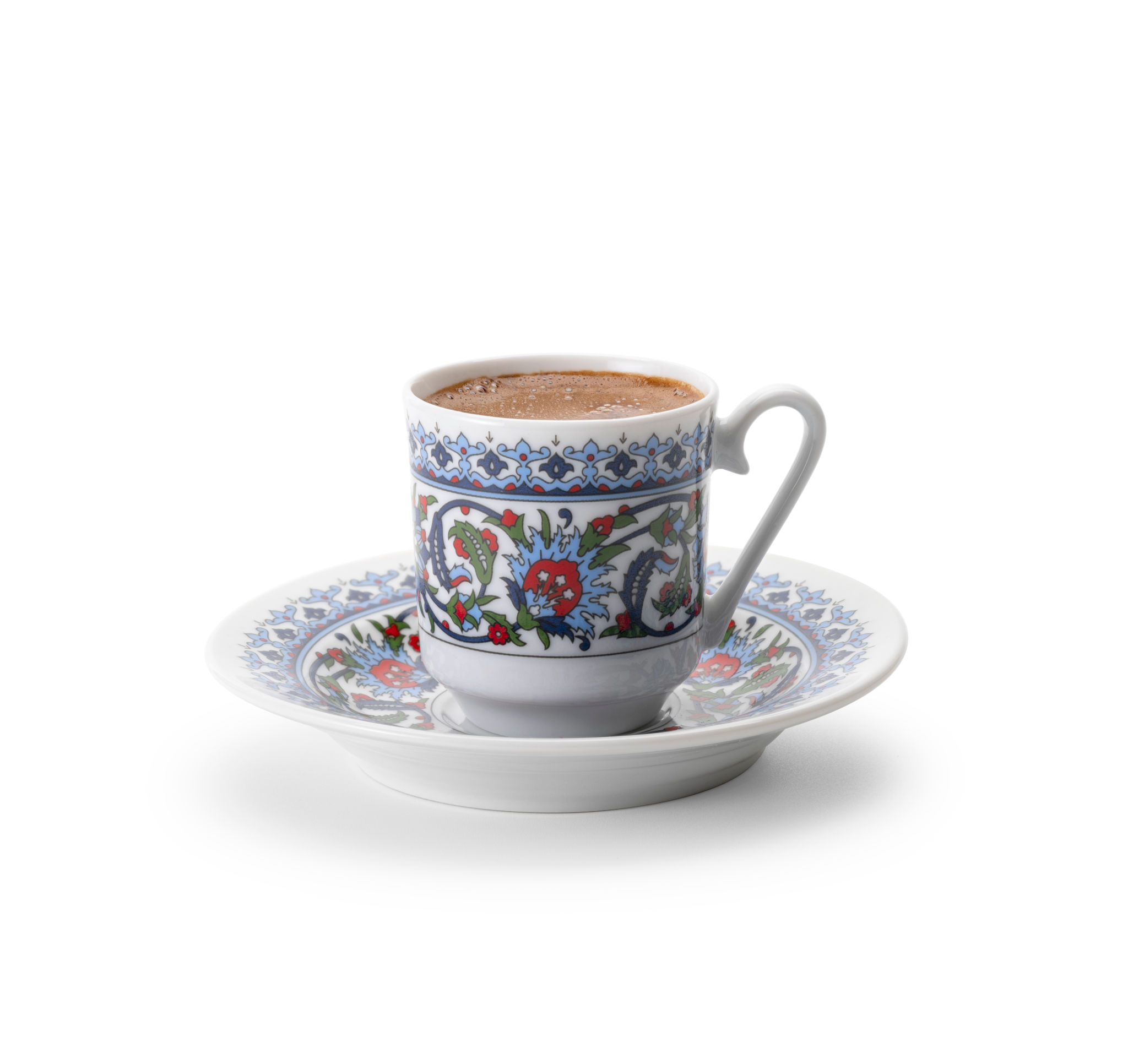Exploring the Rich Flavors of Middle Eastern Coffee
TM
The Unique Tradition of Middle Eastern Coffee
Middle Eastern coffee is more than just a beverage; it's a cultural experience rich in tradition and flavor. Known for its unique preparation methods and aromatic spices, this coffee is a staple in many households across the region. Its deep, rich taste is a reflection of the diverse cultures and histories that have influenced the Middle East over centuries.
The preparation of Middle Eastern coffee often involves the use of a special pot called a cezve or ibrik, which is used to brew the coffee over a low flame. This method allows for a slow infusion of flavors, resulting in a strong and aromatic cup. The process itself is almost ceremonial, with each step carefully executed to create the perfect blend.

Key Ingredients and Flavors
What sets Middle Eastern coffee apart is its use of spices such as cardamom, cloves, and cinnamon. Cardamom, in particular, is a popular addition, lending a sweet and spicy aroma that complements the robust flavor of the coffee. This combination of spices creates a distinctive taste that is both bold and complex.
Additionally, the coffee beans themselves are often lightly roasted, which helps to preserve their natural flavors. The grind is exceptionally fine, almost like powdered sugar, allowing for a smooth texture when brewed. The result is a coffee that is as much about the aroma as it is about the taste.

Serving and Enjoying Middle Eastern Coffee
In many Middle Eastern countries, serving coffee is an act of hospitality and a sign of respect. Coffee is typically served in small cups without handles, known as finjan. It is customary to serve it with dates or sweet treats to balance out the strong flavors of the drink.
When enjoying Middle Eastern coffee, it is important to let the grounds settle at the bottom of the cup before taking a sip. This allows you to fully appreciate the rich flavors without the texture of the fine grounds interfering. It's not just about drinking coffee; it's about savoring each moment.

A Cultural Symbol
Middle Eastern coffee plays a significant role in social gatherings and family life. It is often enjoyed during conversations with friends or during special occasions. The act of making and serving coffee can be seen as a symbol of hospitality and friendship, deeply ingrained in Middle Eastern culture.
The experience of drinking Middle Eastern coffee goes beyond just taste. It is an opportunity to connect with others and appreciate the traditions that have been passed down through generations. Each cup tells a story of heritage and community.
Exploring Regional Variations
Across the Middle East, there are numerous variations of coffee preparation, each with its unique twist. For instance, Turkish coffee is famous for its intense flavor and thick froth on the surface, while Arabic coffee might be lighter with more pronounced spice notes.
These regional differences reflect the diverse cultural landscapes found within the Middle East. Exploring these variations offers a deeper understanding of how geography and tradition influence flavor profiles, making each cup a new experience.

Conclusion: A Journey Through Taste
Exploring the rich flavors of Middle Eastern coffee is like embarking on a journey through time and culture. With each sip, you are transported to a world where traditions are cherished, and every cup tells a story. Whether you are new to this style of coffee or an enthusiast, there is always something new to discover.
So, next time you brew a pot of Middle Eastern coffee, take a moment to appreciate the craftsmanship involved in every step. From selecting the finest beans to savoring the final product, it is an experience that goes beyond taste alone.
